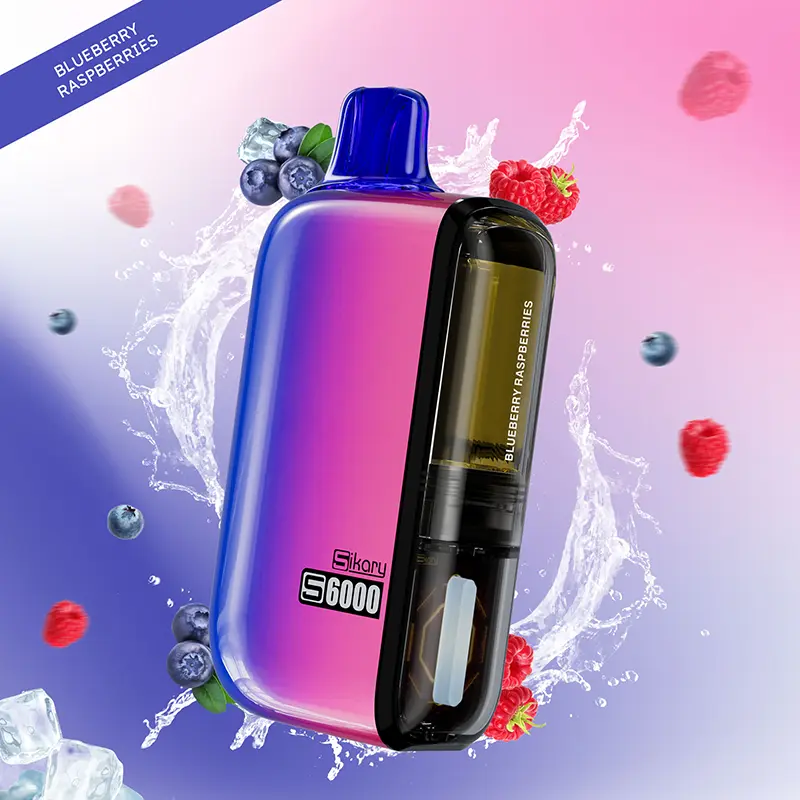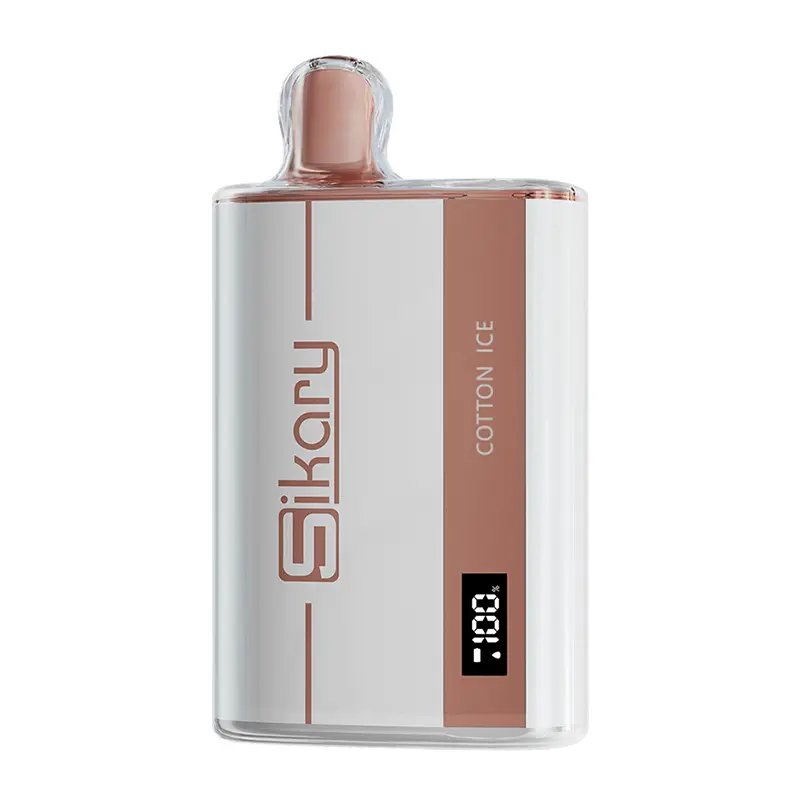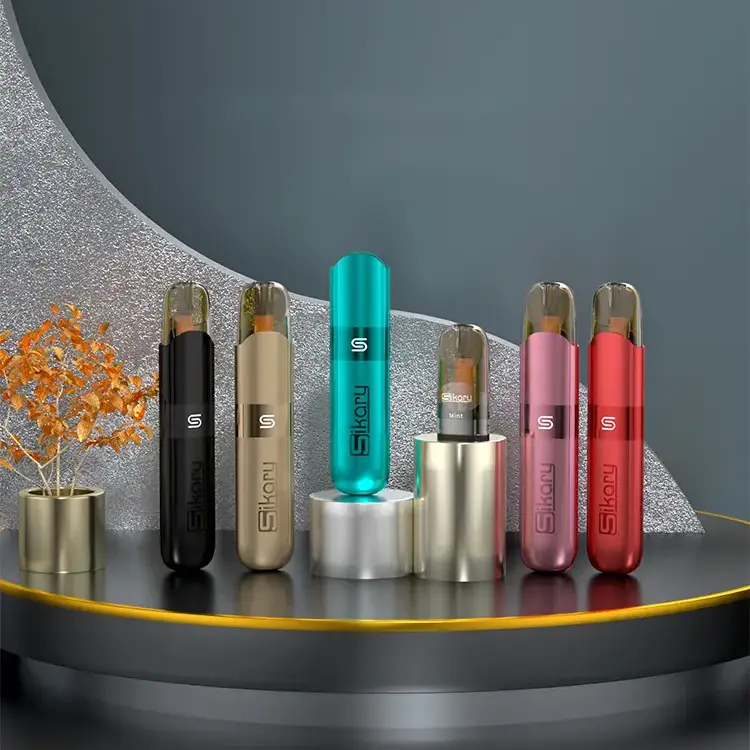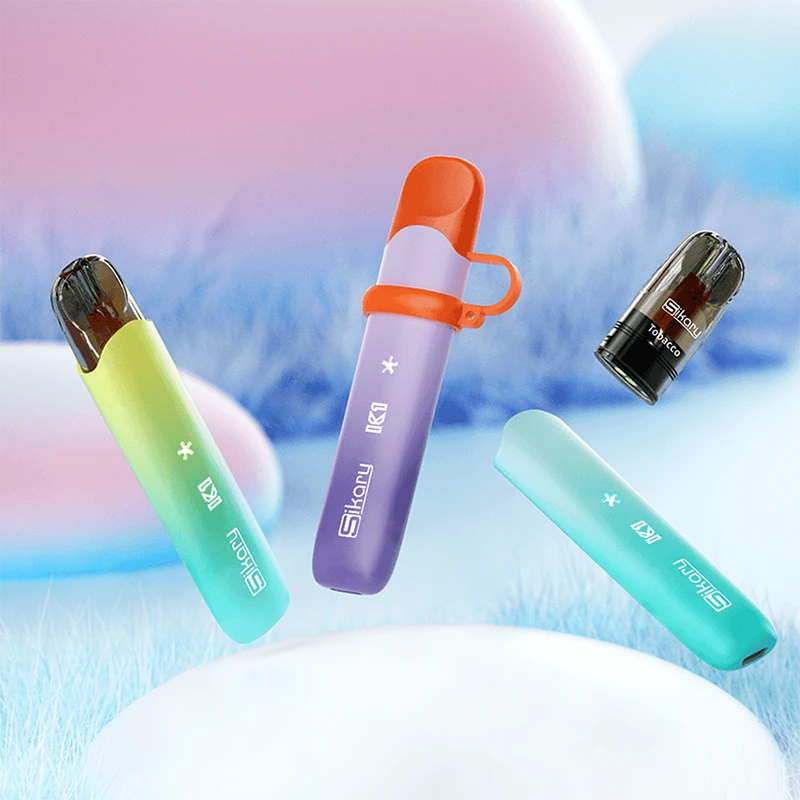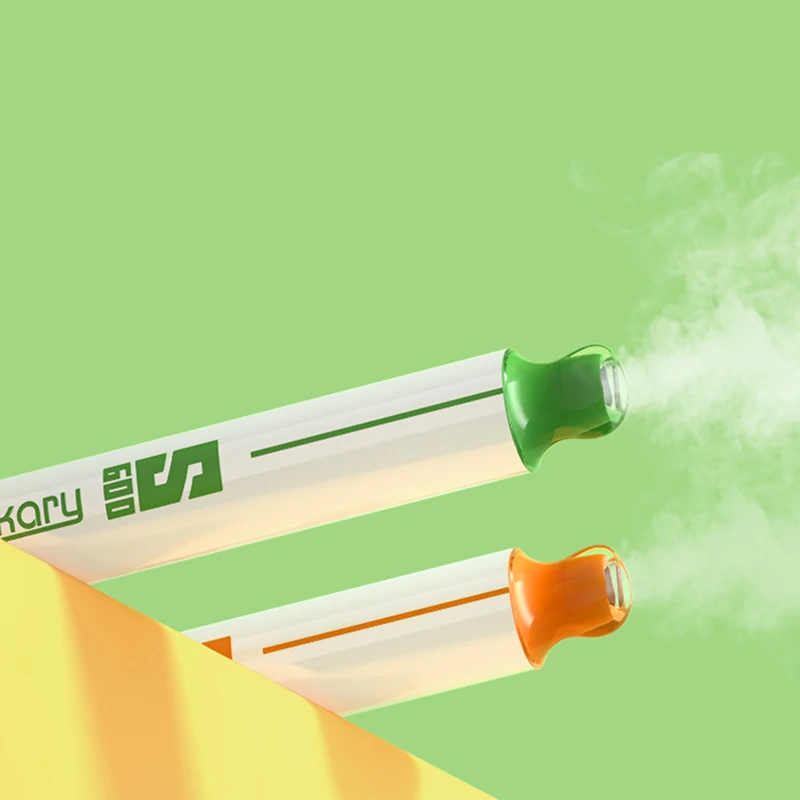Are Disposable Vapes Being Banned in the UK in 2024?
1/24/2024, 4:16:13 PM 537
The disposable vape ban in the UK: What you need to know
The UK is considering banning disposable vapes like Sikary in 2024. This is due to their significant contribution to the sudden rise in underage vaping, with their range of bright colours and flavours seen as appealing to young children. There is also an environmental concern, as disposables contribute to large amounts of waste.
On the positive side, many smokers have benefitted from disposable vapes. They have emerged as the most popular and successful method for people trying to quit smoking as they are easy to use and cheaper than cigarettes. The concern is that an outright ban may force many to return to tobacco.
The ban is part of a growing effort to reduce smoking rates and protect public health, particularly among young people. However, with the government struggling to get to grips with the existing black market vaping crisis, it has sparked debate about the effectiveness of prohibition measures and whether they truly address the root causes of underage vaping.
In England, the government, in consultation with the Department of Health and Social Care and the NHS, have actively promoted vaping as a successful method for smoking cessation. With disposable vapes being so popular, the question is how best to find a balance between harm reduction, whilst protecting the wellbeing of children and finding effective ways to reduce the waste.
The history of vaping regulations in the UK
Smoking costs the UK economy over £20 billion per year and is one of the reasons the UK government has set a target for England to become smoke-free by 2030.(2) They have taken a harm reduction approach, aimed at encouraging smokers to transition to less harmful nicotine alternatives like e-cigarettes.
In order to strike a balance between giving consumers access to smoke-free alternatives and protecting public health, the government established the Tobacco and Regulated Products Regulations (TRPR) in 2016. This comprehensive legislation ensured that any related vaping products met stringent safety requirements, with bans on certain ingredients, package label warnings and limits on e-liquid volume and nicotine strength.
In the proceeding years, however, a growing black market emerged with vendors hawking illicit e-liquids and unregulated vape kits to unsuspecting consumers. Often sold at corner shops, these unscrupulous traders provide easy access to dangerous products, often with no barriers to underage selling. According to the UK Vaping Industry Association (UKVIA), the black market accounts for 50% of all single-use vape sales in the UK.(3)
This highlights the central debate around the ban of legitimate disposable vapes; the governments inability to tackle the existing problem of underage selling, and the worry that an outright ban would only make the black market worse.
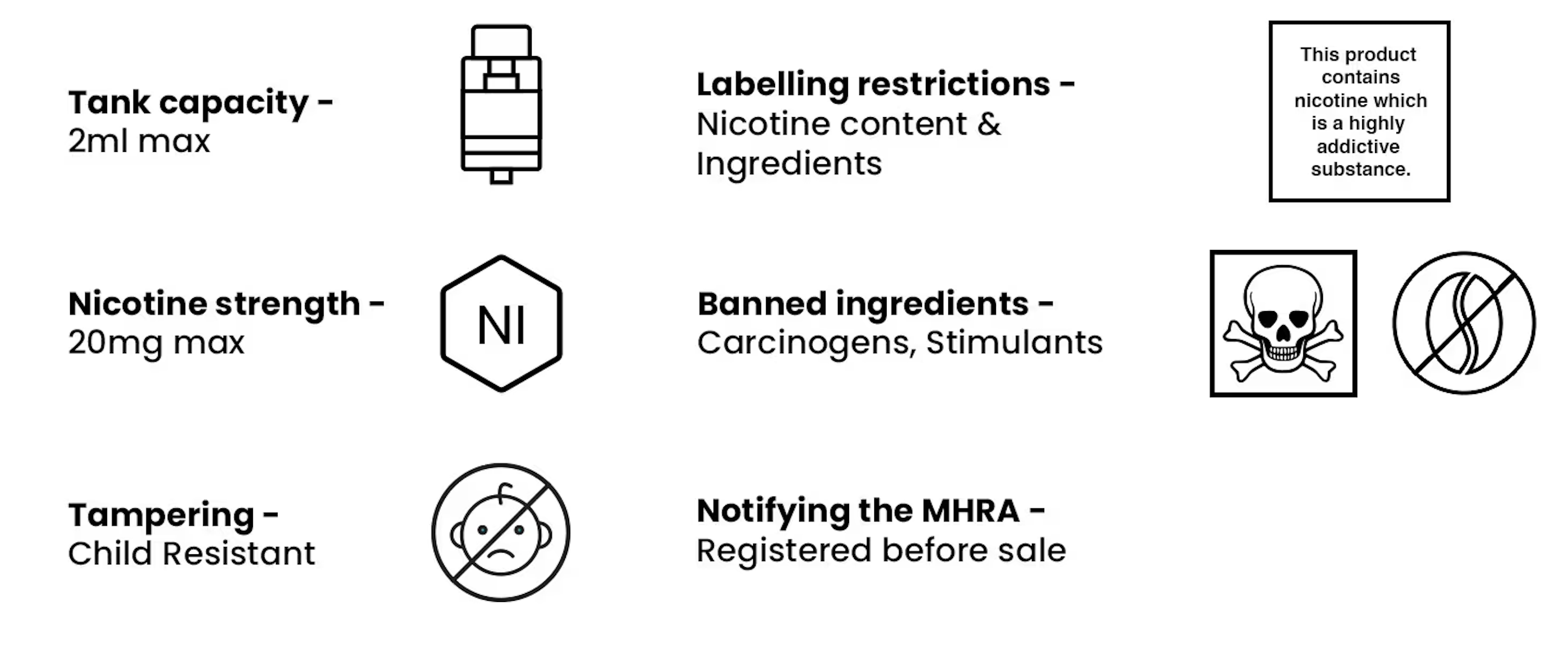
The Tobacco Products Directive (TPD) regulates all vaping related products to protect consumer well-being.
What are disposable vapes and why are they popular?
Disposable vapes are single-use electronic cigarettes that replicate the sensation of smoking but don't require any setup or prior knowledge to use. They are prefilled with flavoured e-liquid and nicotine, and fitted with a precharged battery that is non-rechargeable. Single-use vapes are very easy to use, they have no buttons and can be activated by simply inhaling on the mouthpiece.
For smokers who are completely unfamiliar with vaping, disposable vapes provide a step-free method to quit tobacco, with some consumers naturally transitioning to more sustainable refillable vape kits later on.

The potential health risks associated with disposable vapes
The main concern regarding disposable vapes is their impact on the health of children. A recent survey by Action on Smoking and Health (ASH), revealed that vaping among children has increased by 50% in 2023.Astoundingly, 2.1% of those surveyed were given their first vape for free in promotional campaigns, which is currently not illegal (a loophole that is actively under review by the government). Whilst they are widely regarded as a much safer alternative for adults, the negative impact of nicotine on developing adolescent brains can lead to long-term cognitive and behavioural problems, as well as leading to lifelong nicotine addiction.
There are a number of consumables that are banned for sale to underage users, alcohol and tobacco for example, that are acceptable facets of our economy. Whilst fully regulated and controlled, a small percentage of underage users will gain access to them, yet we still allow them in our society even though they are more damaging to health than vaping. The question has to be asked, why treat disposable vapes any differently if they are largely helping people?
On the left is an illicit disposable that could potentially contain harmful substances like lead. On the right is a legitimate disposable that was imported, however, it falls outside of TPD regulations as it contains more than 2ml of e-liquid and higher levels of nicotine. Both were purchased from the same corner shop.


